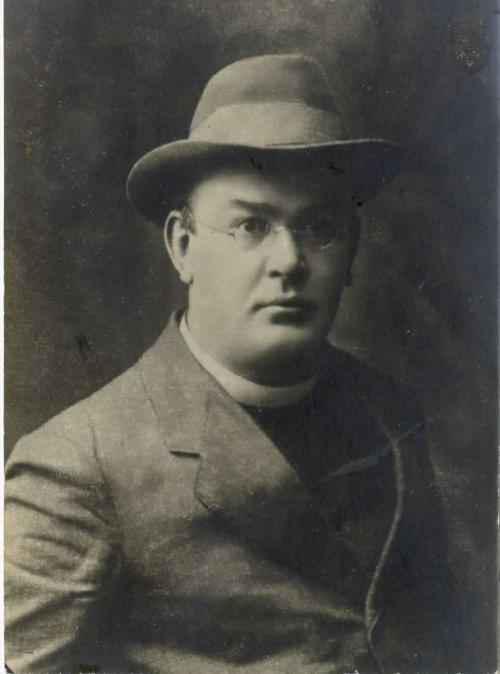
Janez Evangelist Krek’s early life was far from easy. He was born into a large rural family and his father died when the young Krek was still a small child. Nevertheless, the son ultimately became a leading political and cultural figure. With his commitment to the poor, he established a new Catholic movement, and helped the Slovenian people on their journey to national emancipation.
Born in 1865, Krek was able to pay for his education in part by doing his classmates’ schoolwork for pay. A man of deep religious faith, he decided to enter the seminary after completing high school in Ljubljana.
Because of his passion for learning, he eventually ended up at the Theological College in Vienna. There, he developed a view of the world that would prove to be groundbreaking for the Slovenian Lands. At the time, a new strain of political thought, known as the Christian Social movement, was emerging among Catholic intellectuals. Krek was intrigued by the philosophy, which advocated more rights of the poor and opposed laissez faire capitalism.
Back in Slovenia, Krek became a professor of theology and a prominent proponent of the new political doctrine. Because he spoke out against injustice, ordinary Slovenians soon embraced his positions. He was able to take over the Slovenian People’s Party and he helped to make it the dominant political party in the Slovenian Lands. Krek himself was elected as a Member of Parliament in Vienna, but ultimately decided that he would be more useful in his native land and joined the Provincial Parliament in Ljubljana instead.
Krek was also a prolific scholar; he authored several thousand articles dealing with the Holy Bible and social issues. He was reported to be fluent in 20 languages. As a politician, he became a strong advocate of the autonomy of Slovenians and other South Slavs within Austria-Hungary. During World War I, he helped Slovenia’s poor, who felt the effects of the conflict most acutely. He also sensed the coming of major political changes, and he advocated for the creation of a South Slav state.
He campaigned for the state on the field -- in Slovenia, Croatia, and Bosnia. Before his dream was realized, however, Krek died of exhaustion in 1917, after his return from a trip to Dalmatia. Even though he never lived to see all the fruits of his hard work, Krek’s commitment to ordinary people managed to forever change Slovenian politics -- and the country’s history.

































































